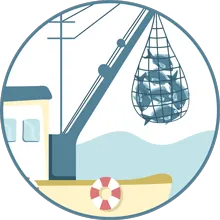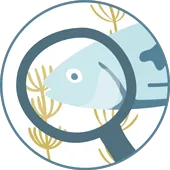
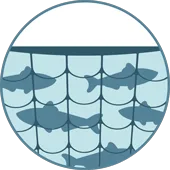
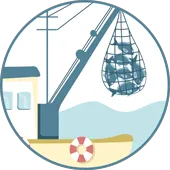

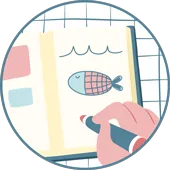
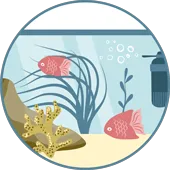
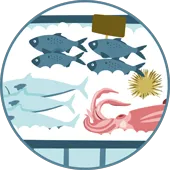
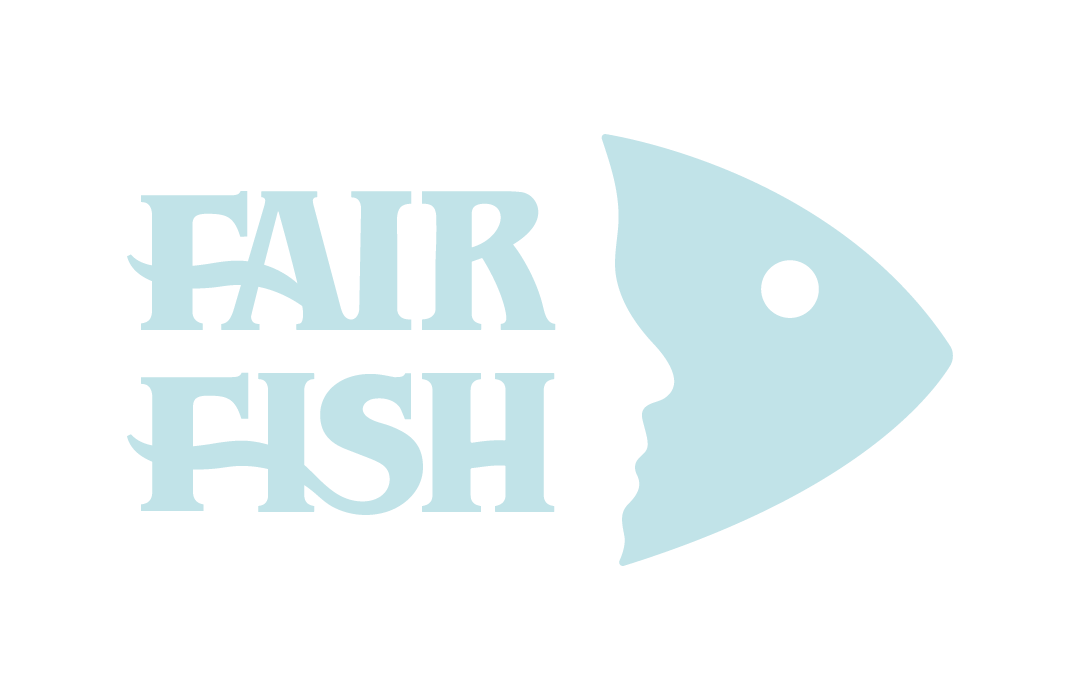
During the catching process, fishes are subjected to pain, respiratory distress, and stress. And after they have been hoisted on board, the still-living animals are panicked and usually suffocate in agony. Although we already know that rapid stunning and slaughter are very important, the reality of fishing is still a long way off – the welfare of fishes caught in the wild has been severely neglected in practice, research, and policy.
The Carefish/catch project aims to promote better fishing standards by pursuing 5 main objectives:
Further information and all the latest news about Carefish/catch can be found on the project website.
HomePublicationsThank you!Summer ShoalTeamfair-fish bookSocial mediaConsumptionDonateAssociationEventsData privacyOnline ShoalImprintfair-fish Marine schoolConsultancyWhich labels?Bequestfair tradePartnersArchiveAquaristicsJobs/InternshipsHistory & VisionCarefish/catchFisheryCarefish/farmFarmingfair-fish databaseImprintData privacyNewsTeamDid you know...?fish-factsAnnual reportsNewsletterMessagefish-facts SubscriptionInstagramFacebookTwitter / XLinkedIn

